Continuing the agenda of the 7th session of the 15th National Assembly , this afternoon, May 24th, the National Assembly held group discussions on several new issues or those with differing opinions in the draft Law on the Management and Use of Explosives and Supporting Tools.

National Assembly Deputy Nguyen Huu Dan speaks at the discussion session - Photo: NTL
Speaking at the discussion session, National Assembly Deputy and Commander of the Quang Tri Provincial Military Command, Colonel Nguyen Huu Dan, stated that the draft law contains seven articles that delegate the authority to the Government and several ministries and agencies to provide detailed regulations on certain related contents and fields, which could lead to negative consequences and vested interests. He suggested that the drafting agency should study the existing regulations and implementation guidelines of relevant laws and regulations to directly incorporate them into this draft law. At the same time, he proposed incorporating the opinions of experts and scientists in related fields to ensure the law contains detailed, specific, and appropriate regulations, minimizing the need for implementing documents below the level of the law.
Regarding the regulations on the storage of weapons, explosives, and support tools received and collected in Article 67, according to the delegates, although the Ministry of Public Security has been tasked with issuing technical standards for storage facilities for weapons, explosives, and support tools received and collected that are not under the management of the Ministry of National Defense, there are still obstacles because this regulation is not new but is very difficult to implement. This is especially true for units such as district-level police, as it involves funding and requires regulations on the location of storage facilities within the district-level unit's premises to ensure safety and prevent fires and explosions. Furthermore, the regulation that weapons, explosives, and support tools received and collected cannot be stored together in the unit's weapons, equipment, document, or supplies warehouses would conflict with the storage of evidence in criminal cases, such as military weapons, explosives, and flammable materials.
According to current regulations, military weapons, explosives, and flammable materials that are evidence in a case are sealed and stored in the weapons and technical equipment warehouse of the Provincial Military Command where the agency handling the case is located.
Military weapons, explosives, and explosive precursors, as evidence in criminal cases, must be determined by their quantity and weight immediately after seizure, and samples must be taken for forensic examination. The agency handling the case must seal them and send them to the evidence storage facility of the Provincial Military Command where the case is handled for safekeeping. Evidence storage facilities of investigative agencies and civil enforcement agencies are not permitted to hold or store military weapons, industrial explosives, or explosive precursors as evidence.
However, in reality, the Provincial Military Command still lacks a dedicated warehouse for storing this type of evidence, even though the investigating agency has coordinated with the Procuratorate to promptly handle such evidence. While awaiting the expert assessment (within 9 days as stipulated in the Criminal Procedure Code) and written agreement on the time, personnel, and resources for handling the evidence, it is stored at the agency handling the case, increasing the risk of fire and explosion, threatening the lives and health of officers and soldiers, and the office building. Therefore, the representative requested the drafting committee to incorporate and amend the above regulation to facilitate the practical application of this law.
Regarding the regulations on procedures for granting licenses to use sporting weapons: The application for a sporting weapon license must include a written request containing the "sports weapon license number". Therefore, organizations and businesses that already have a sporting weapon license must continue to follow the procedures to use the sporting weapons they have been granted.
This management measure seems excessive, creating an administrative burden for businesses operating in the sports sector. Businesses applying for permits to equip themselves with sports weapons will naturally have to use those weapons. Businesses have to go through two consecutive procedures, while the application process involves many overlapping points and is handled by a single licensing authority, leading to multiple procedures and increased compliance costs. We suggest the drafting committee consider implementing more appropriate regulations.
At the same time, delegates also reflected on difficulties in investigating cases involving explosives with evidence in the form of detonators, where the number of detonators seized determines the sentencing framework. Based on Resolution No. 03/2022/NQ-HĐTP dated September 9, 2022, of the Council of Judges of the Supreme People's Court, which provides guidance on the application of certain provisions in Articles 304, 305, 306, 307, and 308 of the Penal Code, Article 4, regarding certain circumstances determining sentencing, only defines "detonator" and not "explosive detonator." The forensic technical department of the Provincial Police only concluded on the function and effect of the detonator, not whether detonators and explosive detonators are the same, causing difficulties in the investigation.
Nguyen Thi Ly
Source



![[Photo] Closing Ceremony of the 10th Session of the 15th National Assembly](/_next/image?url=https%3A%2F%2Fvphoto.vietnam.vn%2Fthumb%2F1200x675%2Fvietnam%2Fresource%2FIMAGE%2F2025%2F12%2F11%2F1765448959967_image-1437-jpg.webp&w=3840&q=75)
![[Photo] Prime Minister Pham Minh Chinh holds a phone call with the CEO of Russia's Rosatom Corporation.](/_next/image?url=https%3A%2F%2Fvphoto.vietnam.vn%2Fthumb%2F1200x675%2Fvietnam%2Fresource%2FIMAGE%2F2025%2F12%2F11%2F1765464552365_dsc-5295-jpg.webp&w=3840&q=75)



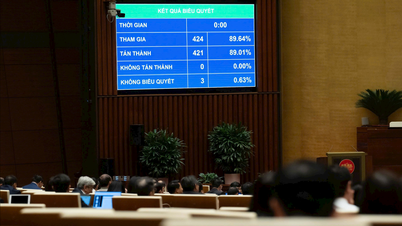



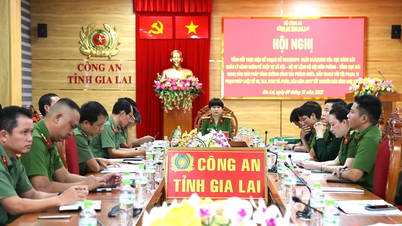

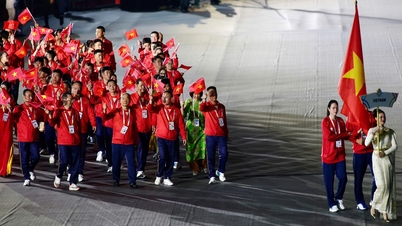

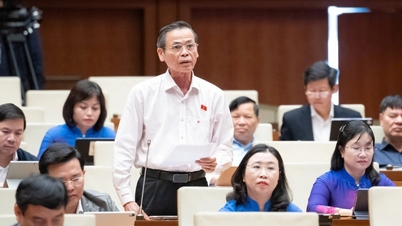





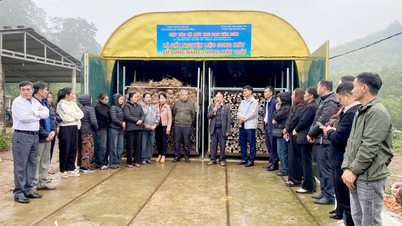

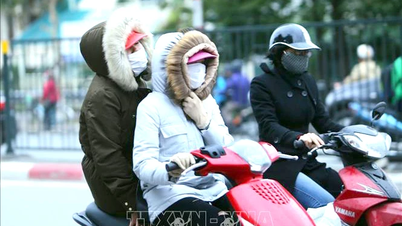
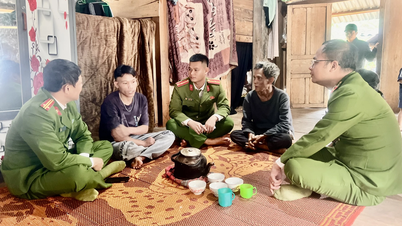





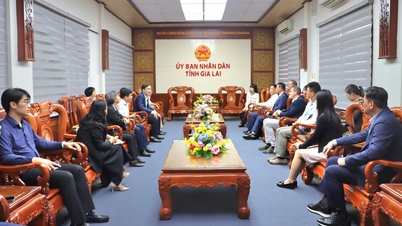


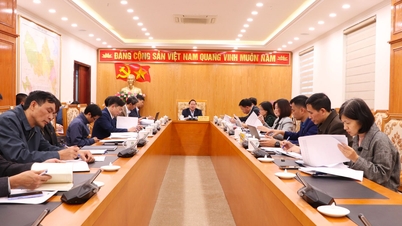
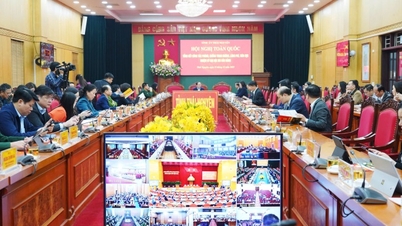




















![[OFFICIAL] MISA GROUP ANNOUNCES ITS PIONEERING BRAND POSITIONING IN BUILDING AGENTIC AI FOR BUSINESSES, HOUSEHOLDS, AND THE GOVERNMENT](https://vphoto.vietnam.vn/thumb/402x226/vietnam/resource/IMAGE/2025/12/11/1765444754256_agentic-ai_postfb-scaled.png)






























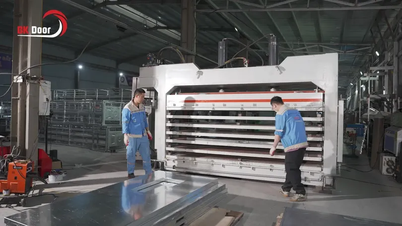

















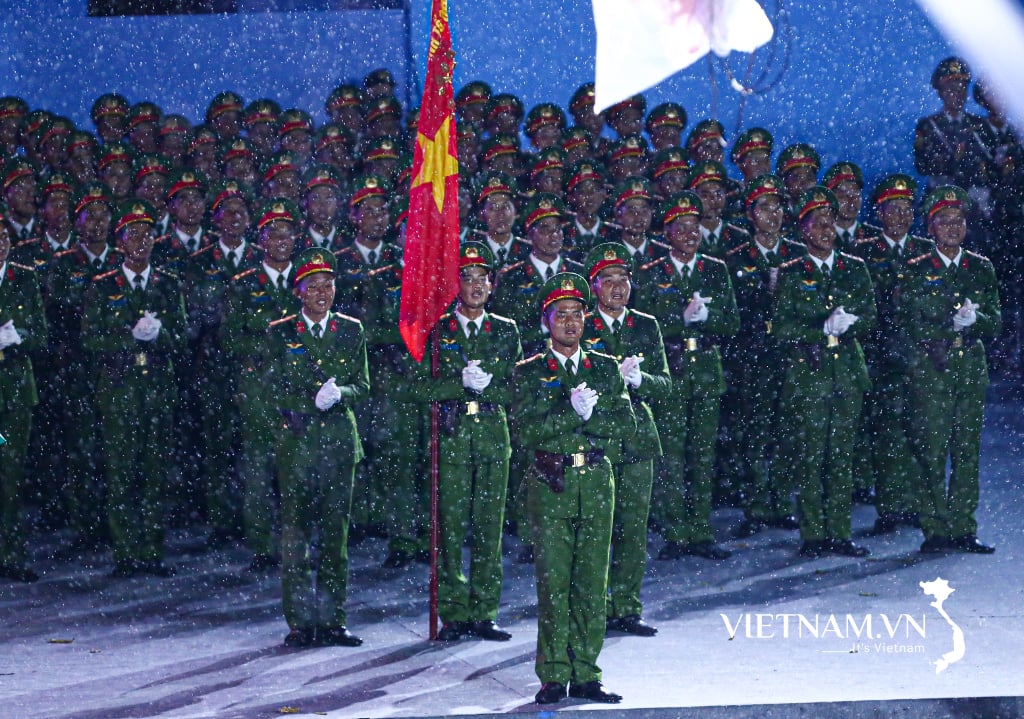
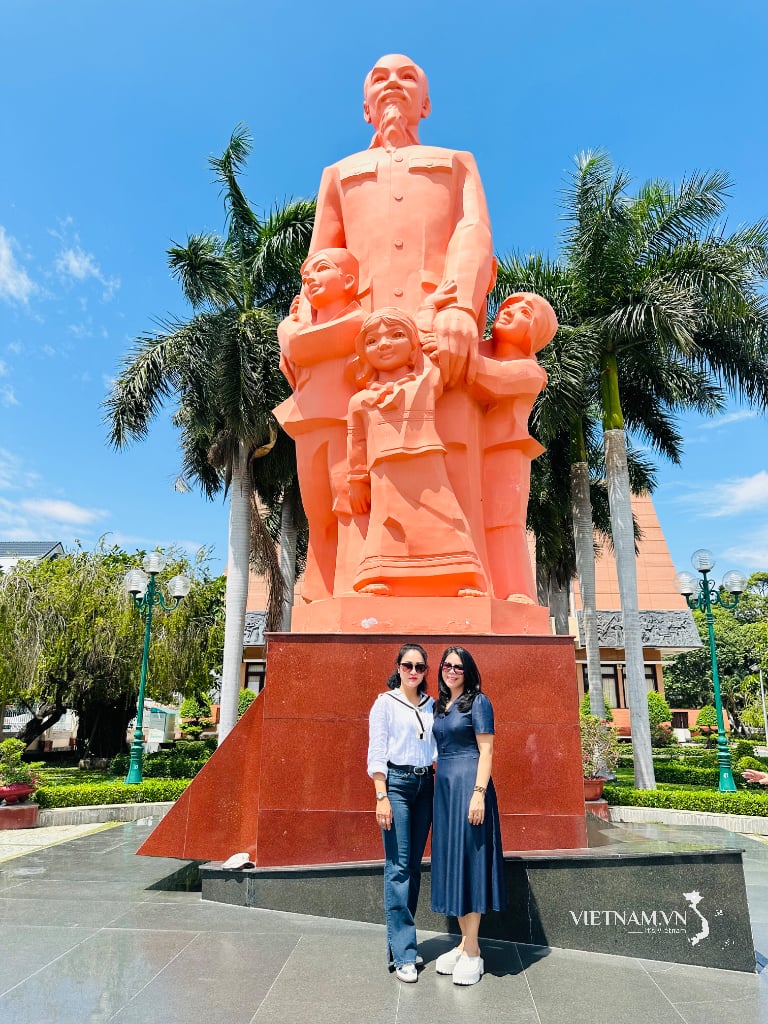


Comment (0)